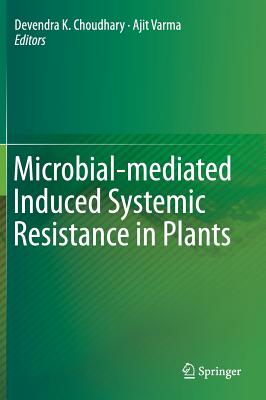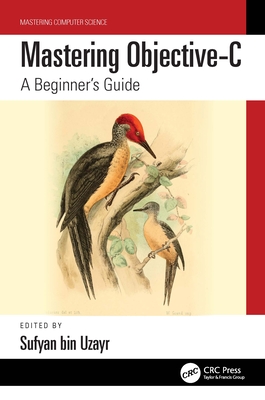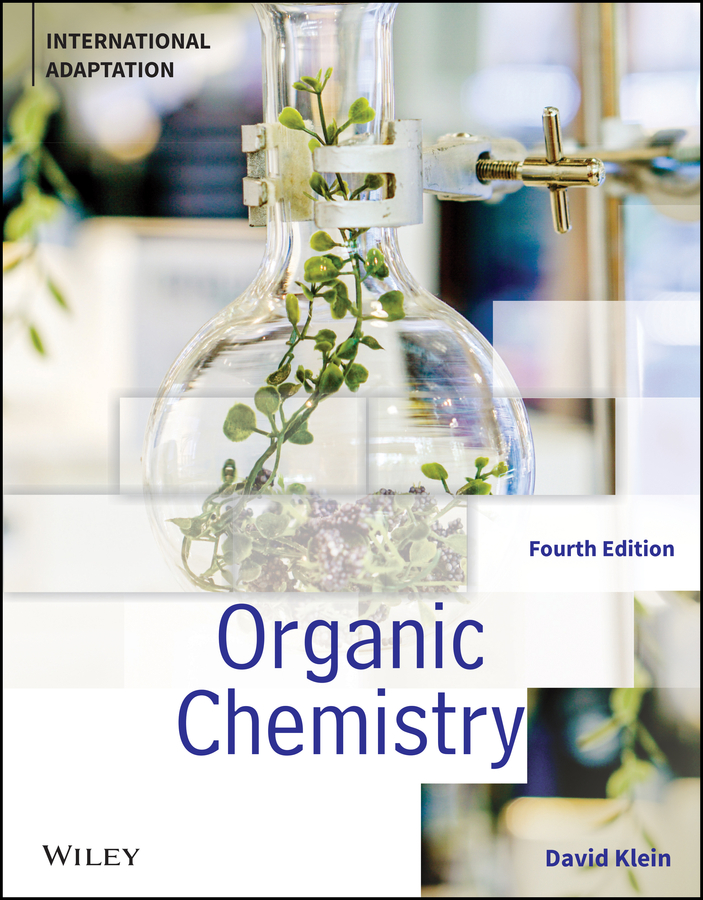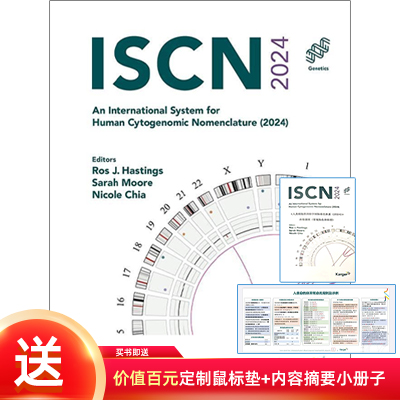
Microbial-mediated Induced Systemic Resistance in Plants
以微生物为中介诱导的植物系统抵抗性
微生物学
¥
1768.00
售 价:
¥
1326.00
优惠
平台大促 低至8折优惠
出 版 社
出版时间
2016年03月15日
装 帧
精装
页 码
232
语 种
英语
综合评分
暂无评分
- 图书详情
- 目次
- 买家须知
- 书评(0)
- 权威书评(0)
图书简介
With a focus on food safety, this book highlights the importance of microbes in sustainable agriculture. Plants, sessile organisms that are considered as primary producers in the ecosystem and communicate with above- and below-ground communities that consist of microbes, insects, and other vertebrate and invertebrate animals, are subjected to various kinds of stress. Broadly speaking, these can be subdivided into abiotic and biotic stresses. Plants have evolved to develop elaborate mechanisms for coping with and adapting to the environmental stresses.Among other stresses, habitat-imposed biotic stress is one serious condition causing major problems for crop productivity. Most plants employ plant-growth-promoting microorganisms (PGPMs) to combat and protect themselves from stresses and also for better growth.PGPMs are bacteria associated with plant roots and they augment plant productivity and immunity. They are also defined as root-colonizing bacteria that have beneficial effects on plant growth and development. Remarkably, PGPMs including mycorrhizae, rhizobia, and rhizobacteria (Acinetobacter, Agrobacterium, Arthrobacter, Azospirillum, Bacillus, Bradyrhizobium, Frankia, Pseudomonas, Rhizobium, Serratia, Thiobacillus) form associations with plant roots and can promote plant growth by increasing plants’ access to soil minerals and protecting them against pathogens.To combat the pathogens causing different diseases and other biotic stresses, PGPMs produce a higher level of resistance in addition to plants’ indigenous immune systems in the form of induced systemic resistance (ISR).The ISR elicited by PGPMs has suppressed plant diseases caused by a range of pathogens in both the greenhouse and field. As such, the role of these microbes can no longer be ignored for sustainable agriculture.Today, PGPMs are also utilized in the form of bio-fertilizers to increase plant productivity. However, the use of PGPMs requires a precise understanding of the interactions between plants and microbes, between microbes and microbiota, and how biotic factors influence these relationships. Consequently, continued research is needed to develop new approaches to boost the efficiency of PGPMs and to understand the ecological, genetic and biochemical relationships in their habitat.The book focuses on recent research concerning interactions between PGPMs and plants under biotic stress. It addresses key concerns such as –1. The response of benign microbes that benefit plants under biotic stress2. The physiological changes incurred in plants under harsh conditions3. The role of microbial determinants in promoting plant growth under biotic stressThe book focuses on a range of aspects related to PGPMs such as their mode of action, priming of plant defence and plant growth in disease challenged crops, multifunctional bio-fertilizers, PGPM-mediated disease suppression, and the effect of PGPMs on secondary metabolites etc.The book will be a valuable asset to researchers and professionals working in the area of microbial-mediated support of plants under biotic stress.
本书暂无推荐
本书暂无推荐













